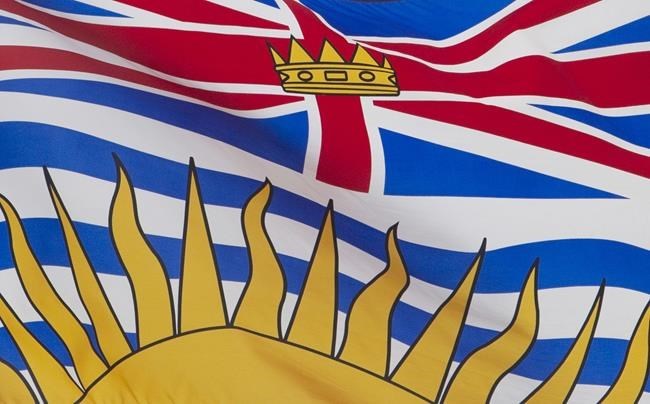RICHMOND — The City of Richmond in British Columbia is urging the federal government to provide more temporary housing for refugees and asylum seekers or pay for their use of the city's homeless shelter, where the newcomers took up about a third of all beds last year.
Coun. Carol Day, whose motion proposing the request was passed unanimously by the council on Monday, said local residents experiencing homelessness have been denied shelter spaces because of the "staggering" number of refugees and asylum seekers also in need of accommodation.
Background material on the motion provided to the council says about a third of all beds at the Richmond House Emergency Shelter last year were occupied by asylum seekers or refugees. It says an average of 20 unhoused people every night were put on a waiting list at the shelter, which is operated by the Salvation Army in partnership with the city and BC Housing.
“We had 50 per cent more refugees and asylum seekers in 2023 than we did in 2022. So, the numbers are really high," Day said at Monday night’s council meeting.
“We've got to get going on this because the reality is people are sleeping out in the cold, and it's just not acceptable."
Day said a task force was established last fall to investigate rising homelessness in Richmond, south of Vancouver, which led to a conversation with an outreach worker.
“And they were saying to me, 'We can’t get anybody into the shelter … because the shelter is full of refugees and asylum seekers,'" Day said in an interview.
Immigration and Refugee Board statistics show 137,947 asylum claims were referred to it in 2023, more than double the 60,158 referrals in 2022.
Refugee advocate Katya Avalos said many refugees come as part of a family and there are only two shelters in the area that accept families, one in New Westminster and the other in Vancouver
Avalos is a community engagement director for the Multi-Agency Partnership, a network of government agencies and non-profit groups serving the needs of refugee claimants in B.C.
She said asylum seekers end up in homeless shelters "not because they are intending to take up government resources and take up spots at shelters from people in Canada, but because they're out of any resources, and it's the only option for them."
Immigration, Refugees and Citizenship Canada said in a statement that it recognized the "significant role" municipal governments played in temporarily housing asylum claimants.
It said an additional $362.4 million had been earmarked to reimburse provinces and municipalities for expenses related to housing asylum claimants.
“Municipalities, including the City of Richmond, are required to submit requests for reimbursement for costs incurred," the statement said, adding that immigration officials were in regular discussions with provinces and municipalities about such expenses.
Day said she was told about half of the refugees and asylum seekers who ended up in the Richmond shelter had entered Canada via the Peace Arch Border crossing.
She said the Salvation Army would connect them with Immigration, Refugees and Citizenship Canada to get support, such as providing emergency funds.
Of the 632 admissions at Richmond House last year, 201 were refugees or asylum seekers, according to Salvation Army data shared by Day. In December, they made up 59 per cent of all admissions.
Day said the shelter was operating on a “first come, first served” basis.
Gavin Randhawa, manager of marketing and communications with the Salvation Army, said they don’t differentiate between those in need.
“Anyone who does come to the Salvation Army receives assistance based solely on their need and our capacity to help, and this is regardless of race, disability, sexual orientation, gender identity, age or religion,” Randhawa said in an email.
The motion passed by the council also asked the federal government to reimburse the city for the 201 refugees who stayed at Richmond House last year.
Day said many refugees and people claiming asylum don’t have accommodation, and taking care of them should be a federal responsibility.
Day said a similar motion would be presented to the Union of BC Municipalities in September.
Day said the issue is getting more urgent. The South Arm Outdoor Pool in the city has been housing homeless people in its changing rooms during the winter, but the city will revert the location to its regular function on April 15.
She is also calling for modular housing to be built specifically for refugees and asylum seekers next to the Vancouver International Airport in Richmond.
“It would be more affordable so they can house them all in one place. We have two modular housing buildings in Richmond that the province built … each one has 40 rooms for 40 people,” said Day.
She said this could provide a model for the federal government to house refugees and asylum seekers.
— By Nono Shen in Vancouver
This report by The Canadian Press was first published March. 12, 2024.
The Canadian Press
Note to readers: This is a corrected story. A previous version said there were shelters for families in Richmond and New Westminster.



